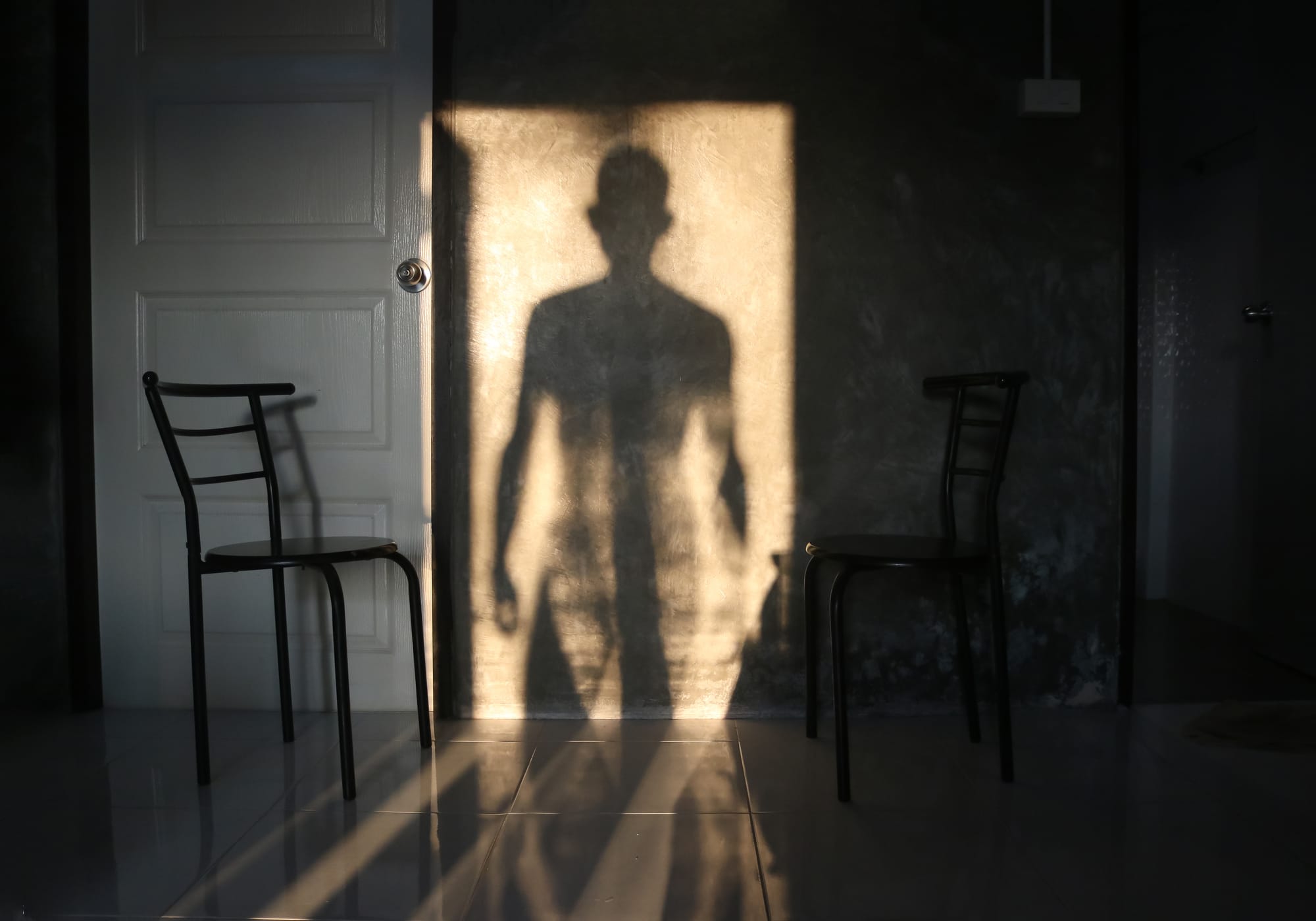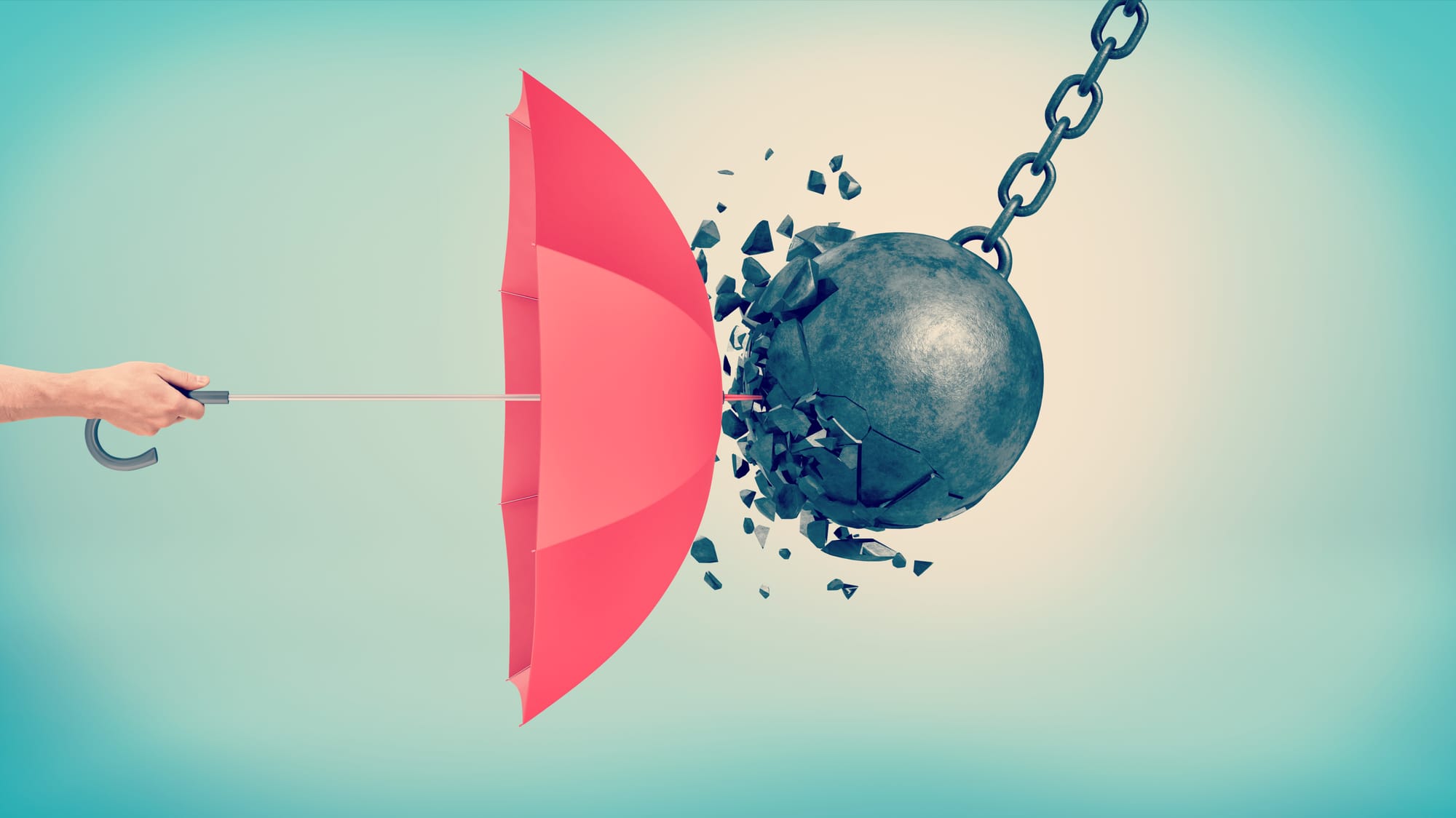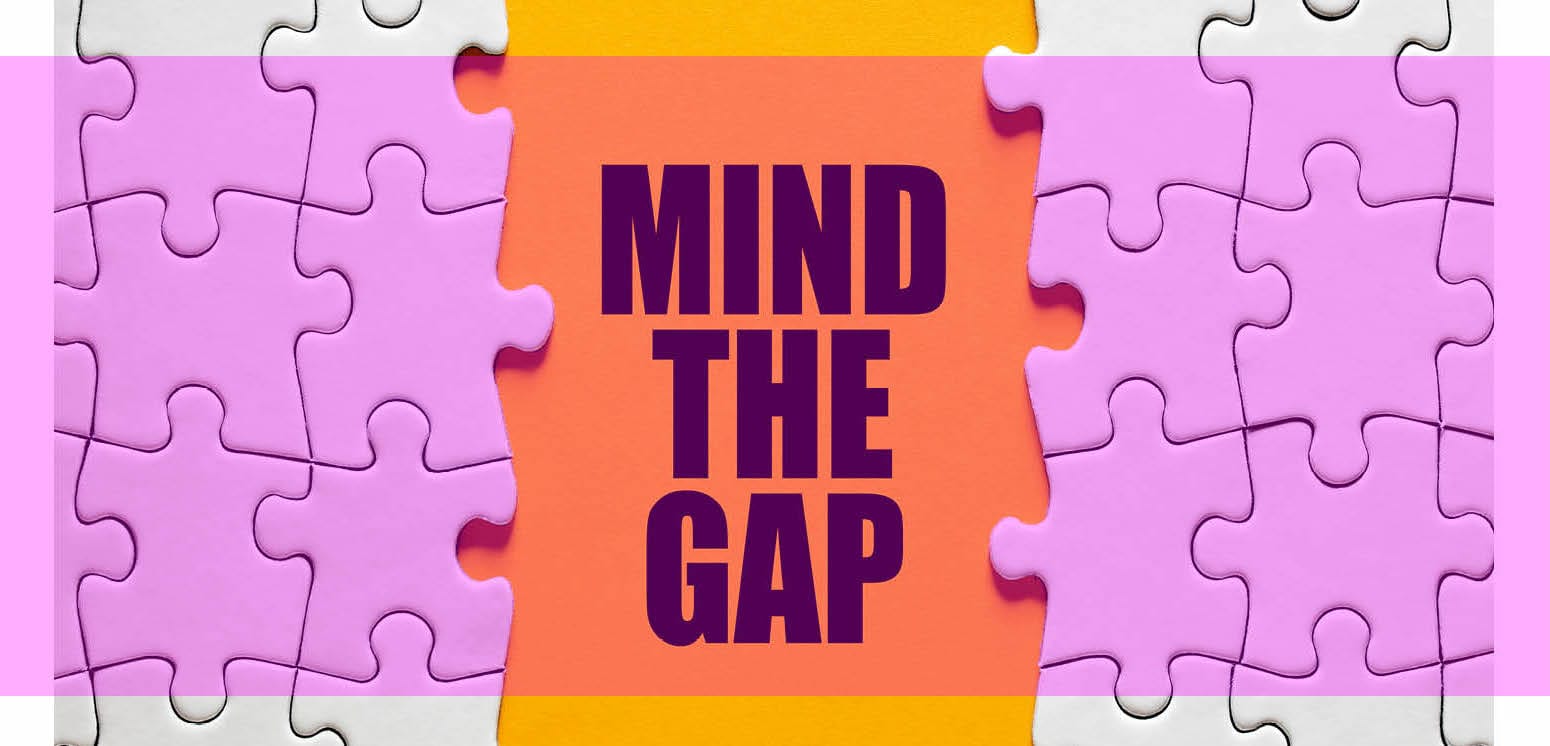
Mans world
There is a usage habit coursing through the homes, families, and whānau of Aotearoa that is having a dramatic impact on our physical health and mental wellbeing.
In recent times, government has allocated circa $142 million for recovery and support services and an additional $25 million for related programmes. All well and good, you might think, until you discover we are talking about men who use violence. Despite the scale of harm, funding remains disproportionately low. Only $16 million is directed toward addressing the behaviour of men who use violence. The effects are profound. Families are torn apart, mental health services are stretched thin, and cycles of harm perpetuate unchecked.
When it comes to domestic violence, it’s time to favour men.
Bound to provoke outrage, but the uncomfortable truth is that, as a society, we’ve been focusing on the wrong group. For too long, the emphasis has been placed on the women and children who suffer at the hands of violent men, while the perpetrators—the men themselves—continue to operate largely outside the reach of meaningful accountability.
I believe this focus is a fundamental part of the problem. Domestic violence is not a socio-economic issue or a problem of race—it is a gender issue, deeply rooted in the power and privileges historically afforded to men.
My view is we would be well served to apply the language of addiction to this issue. The term "using violence" shifts the perspective—it’s no longer an act that can be excused or ignored; it’s a harmful behaviour that needs to be addressed. We can do this by supporting recovery from this usage, supporting our men to be different, through programmes like the ones we offer
This, I argue, is a societal failure. By neglecting the perpetrators, we continue to reinforce the power imbalance that allows family violence to persist unchecked.
My solution is bold: stop focusing solely on the women and children who are victims of violence, and start directing attention to the men who are causing it. Turn the spotlight on the perpetrators, expose them for what they are, and hold them accountable.
The Impacts of Domestic Violence on Mental Health


